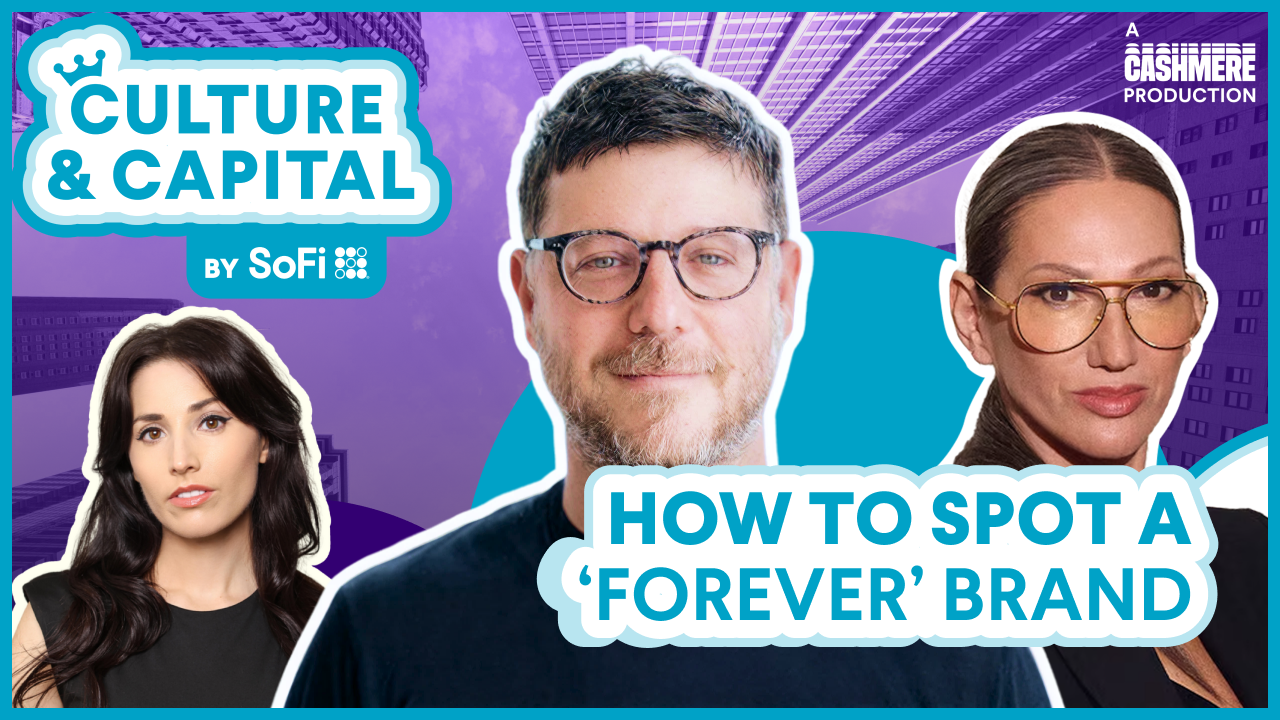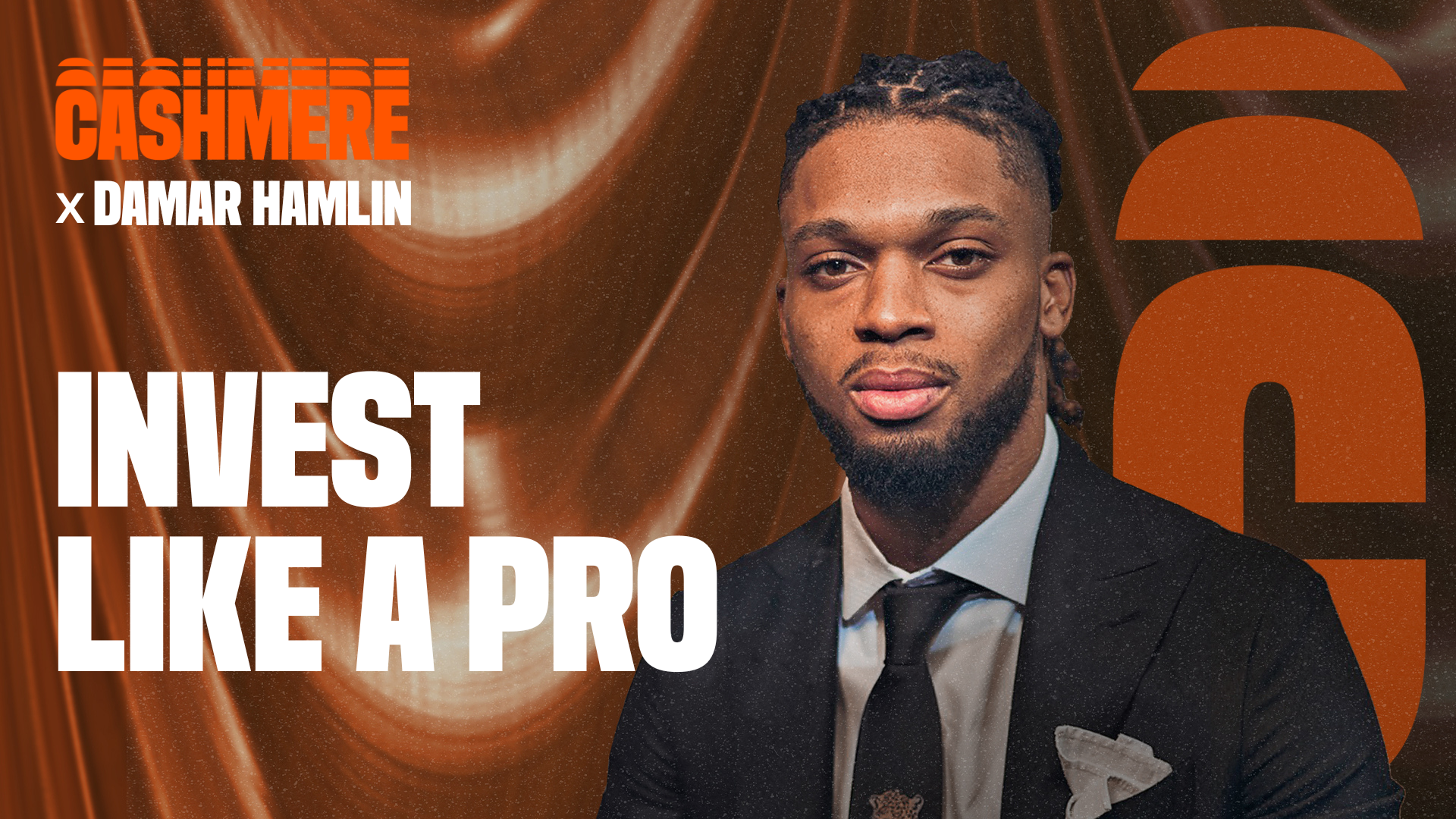Until recently, investing in alternatives like private equity, venture capital, or real estate was out of reach for most people. Minimums were sky-high. Investors needed accreditation. And opportunities were concentrated in the hands of institutions and the ultra-wealthy.
That exclusivity is starting to change. Fractional investing, enabled by fintech platforms, is reshaping how everyday investors access private markets. By lowering minimums and pooling capital from thousands of participants, these platforms make it possible to own a slice of investments that used to be closed off.
The growth of fractional platforms
Fractional investing is the idea of splitting a traditionally large, illiquid investment into smaller units so more people can participate. It has become a familiar concept in public markets, where brokerages now let investors buy fractional shares of companies like Apple or Amazon. But the model is expanding into alternatives as well.
According to a Preqin report, retail investor participation and private wealth flows into alternative assets are growing rapidly as platforms reduce barriers to entry. Fintech platforms have helped accelerate this trend by combining technology with investor demand for diversification.
The appeal is simple: instead of needing $100,000 to get exposure to a venture capital fund, an investor might contribute $500 or $1,000. The barriers to entry fall, but the ability to participate in long-term growth opportunities remains.
How partnerships expand reach
Fractional access doesn’t happen in a vacuum. It requires infrastructure to handle custody, compliance, and trading at scale. That’s where partnerships matter. Apex Fintech Solutions, for example, provides the backend that powers many modern investing platforms. Its technology allows funds and fintech apps to securely custody fractional positions while meeting regulatory requirements.
Through its partnership with Apex, The Cashmere Fund has been able to expand its distribution to platforms like SoFi and other fintech partners. This integration matters because it places venture opportunities in the same digital wallets where retail investors already buy stocks, ETFs, or crypto. Access becomes seamless, not siloed.
Why fractionalization matters for younger investors
Generational shifts play a big role in this story. Younger investors (Millennials and Gen Z) tend to have smaller investable balances than older cohorts, but are more interested in diversifying into alternatives. According to Ernst & Young’s Global Wealth Research Report, younger investors are substantially more interested in private market exposure than older cohorts, underscoring how attitudes toward alternatives are evolving across generations.
Fractionalization is what makes that interest actionable. A 28-year-old investor may not have $250,000 to commit to a private equity fund, but they might have $500. Fractional platforms let them start small, build familiarity, and grow exposure over time.
For younger investors, fractional investing offers:
- Affordability. Smaller check sizes remove the biggest barrier to entry.
- Education. Early participation builds familiarity with how private markets work.
- Flexibility. Investors can commit at a level that matches their financial situation, without overextending.
For funds like Cashmere, which focuses on early-stage venture opportunities, fractionalization aligns with the broader mission of democratization. It ensures participation isn’t limited by age or wealth, but by curiosity and willingness to think long term.
Access versus exclusivity
Alternative investments have long traded on exclusivity. The higher the minimum, the more attractive they seemed to wealthy investors. That mindset is shifting.
Today, access is the differentiator. Retail investors want transparency, fairness, and the ability to participate in opportunities that once felt untouchable. Fractional investing levels the playing field, not by removing risk, but by spreading it across a broader investor base.
This shift mirrors what happened in the public markets decades ago. Index funds once seemed radical because they gave ordinary investors the ability to access broad swaths of the market cheaply and efficiently. Now, fractional alternatives are doing the same for private markets.
The future of retail participation in private markets
The rise of fractionalization is part of a larger rethinking of who gets to participate in wealth creation. Private markets have grown dramatically, with assets under management in private equity alone surpassing $8 trillion globally. Historically, the returns from that growth were concentrated in a small circle of investors.
Looking forward, retail participation is expected to expand significantly. Several forces are shaping this future:
- Technology. Platforms are reducing friction and costs to make alternatives more accessible.
- Regulation. Policymakers are weighing how to balance wider access with investor protection.
- Fund structures. Evergreen vehicles with redemption windows provide a better fit for individual investors than traditional closed-end funds.
- Investor demand. Surveys consistently show that younger cohorts want alternatives as part of their long-term strategy.
For everyday investors, this trend means new ways to diversify portfolios beyond traditional stocks and bonds. But it also requires a shift in mindset. Private markets are less liquid, outcomes are less predictable, and patience is critical. Fractionalization opens the door, but education and discipline are what make the opportunity meaningful.
The venture mindset for everyday investors
Fractional investing goes beyond making big investments smaller. It’s changing how individuals connect with markets that were once considered off-limits. For retail investors, it creates the chance to approach opportunities more like institutions do, allocating capital across public and private markets with a long-term growth mindset.
Cashmere was founded with that mission in mind: to open venture capital access to everyday investors. Our structure, partnerships, and diversified portfolio are built to make private markets approachable while still reflecting the core principles of early-stage investing.
—
This communication and its contents are for informational purposes only and do not constitute an offer to sell or a solicitation of an offer to buy shares of the Sweater Cashmere Fund (the “Fund”). The Fund is managed by Sweater Industries LLC (“Sweater”) as the investment adviser and Forma Cashmere LLC (“Forma Cashmere”) as the sub-adviser. Investors should carefully consider the investment objectives, risks, charges, and expenses of the Fund before investing. The prospectus contains this and other information about the Fund and can be obtained by calling 1-888-577-7987 or by visiting the Fund's website at https://www.thecashmerefund.com. Please read the prospectus carefully before investing. All investments involve risks, and past performance is no guarantee of future results. The content herein is for informational and educational purposes only and should not be construed as investment advice or an offer or solicitation with respect to any products or services for any persons who are prohibited from receiving such information under the laws applicable to their place of citizenship, domicile, or residence.


.png)

.png)
